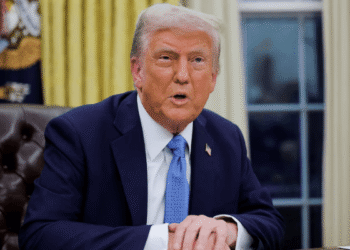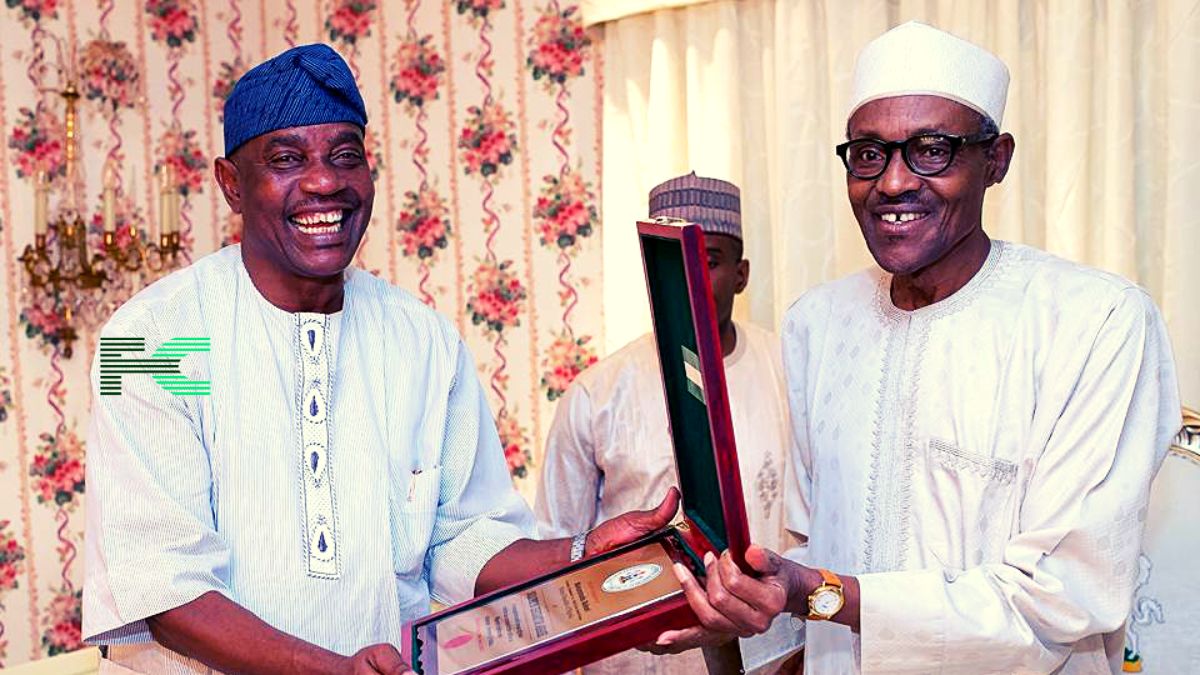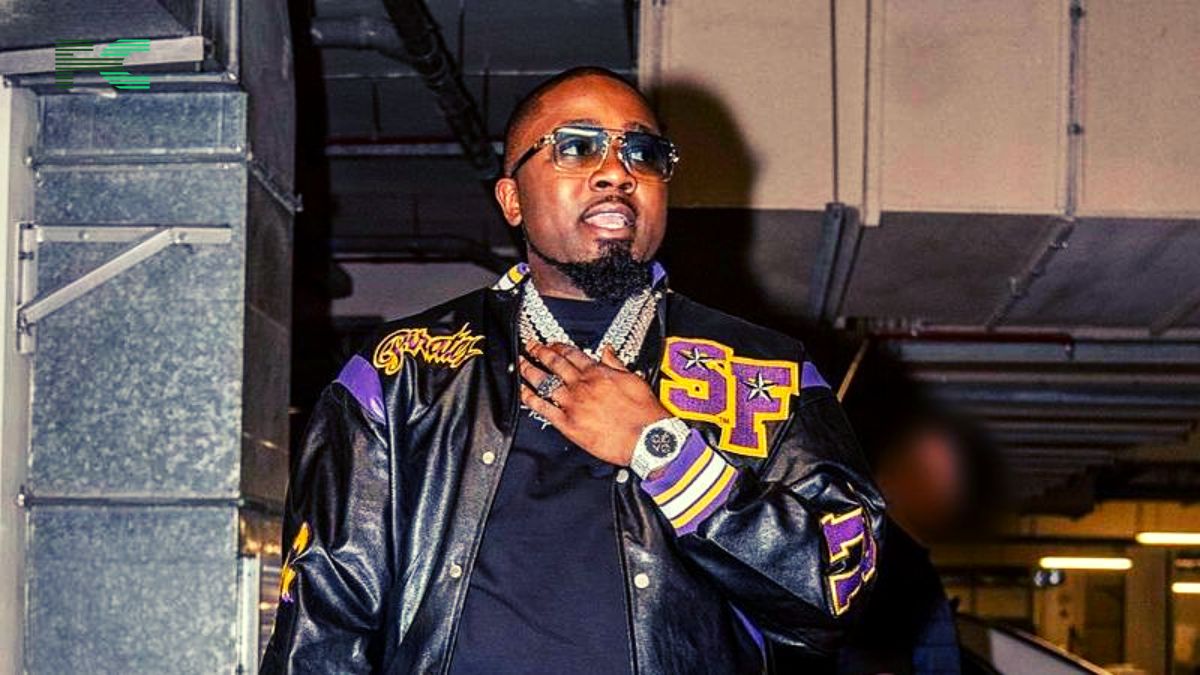Tinted glass has always been a double-edged issue in Nigeria. On one side, ordinary people see it as a simple choice, privacy, comfort, protection from harsh sun, and in some cases security from prying eyes. On the other side, the police insist it has become a cover for crime — kidnappers, armed robbers, and political thugs moving freely, hidden behind darkened windows. This clash of interest has now landed in court as the Nigerian Bar Association (NBA) battles the Inspector General of Police over the tinted glass permit policy.
Why the Police Believe Tinted Glass is Dangerous
It is easy to understand why the police keep pushing this tinted permit law. Kidnapping has become one of the ugliest scars on the country, with criminals using every trick possible to stay invisible. A car with heavy tinted glass can carry guns, victims, or whole gangs, and nobody outside would ever know.
From the police point of view, tinted glass is not just fashion or comfort, it is a security risk. They believe regulating it — even making Nigerians pay for yearly permits, is a way to know who is using it for genuine reasons and who is hiding evil behind dark windows. In a country where banditry and abduction are daily fears, their argument is not completely weak.

Why the NBA Says It Is Wrong
But the NBA looks at it differently. To them, the whole idea of the police collecting money for tinted permits feels like a return to military-era laws where personal freedoms were always under attack. They argue that the Motor Tinted Glass (Prohibition) Act of 1991 was made under a dictatorship, and it has no place in a democracy.
For the lawyers, forcing Nigerians to apply yearly for a police-issued permit is less about safety and more about harassment. They see it as another tool for extortion, where officers on the road can stop anyone and use tinted glass as an excuse to collect “something for the boys.” The NBA’s position is that freedom of movement should not be tied to how dark your car window is.
The Bigger Problem: Trust
At the heart of this fight is not really the glass itself but trust. Nigerians do not trust the police. The fear is that the permit system will become a money-making machine rather than a genuine security measure. Many believe the real criminals, the kidnappers and armed gangs, would still find ways around the law, while ordinary citizens would be the ones paying fines and bribes at checkpoints.
On the other hand, the police are frustrated. They are expected to fight rising insecurity with poor equipment, low morale, and little intelligence. From their side, tinted glass is just one more burden that makes policing harder.
Which Side Holds More Weight?
The truth may sit somewhere in the middle. Yes, tinted cars can be used for evil. Yes, regulating them makes sense in a country facing kidnappers and terrorists. But at the same time, the Nigerian police have not earned enough trust to run such a system without abusing it. People fear that the policy is less about protection and more about profit.

















